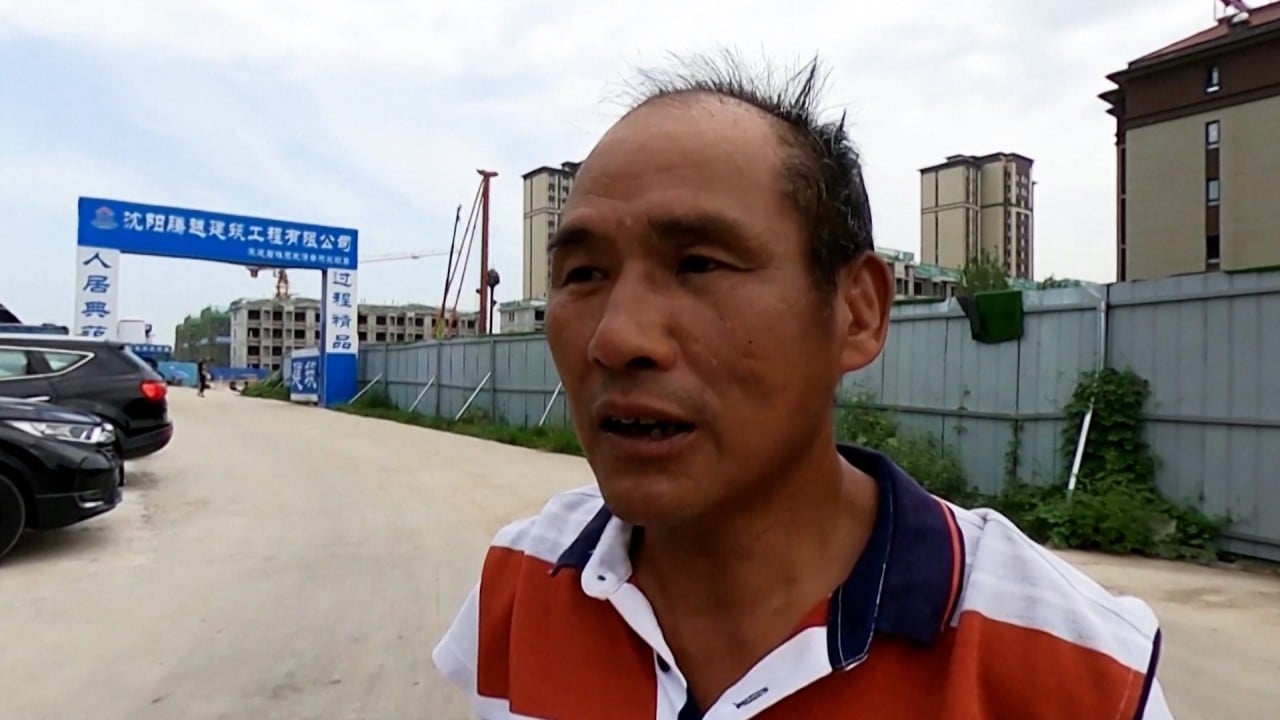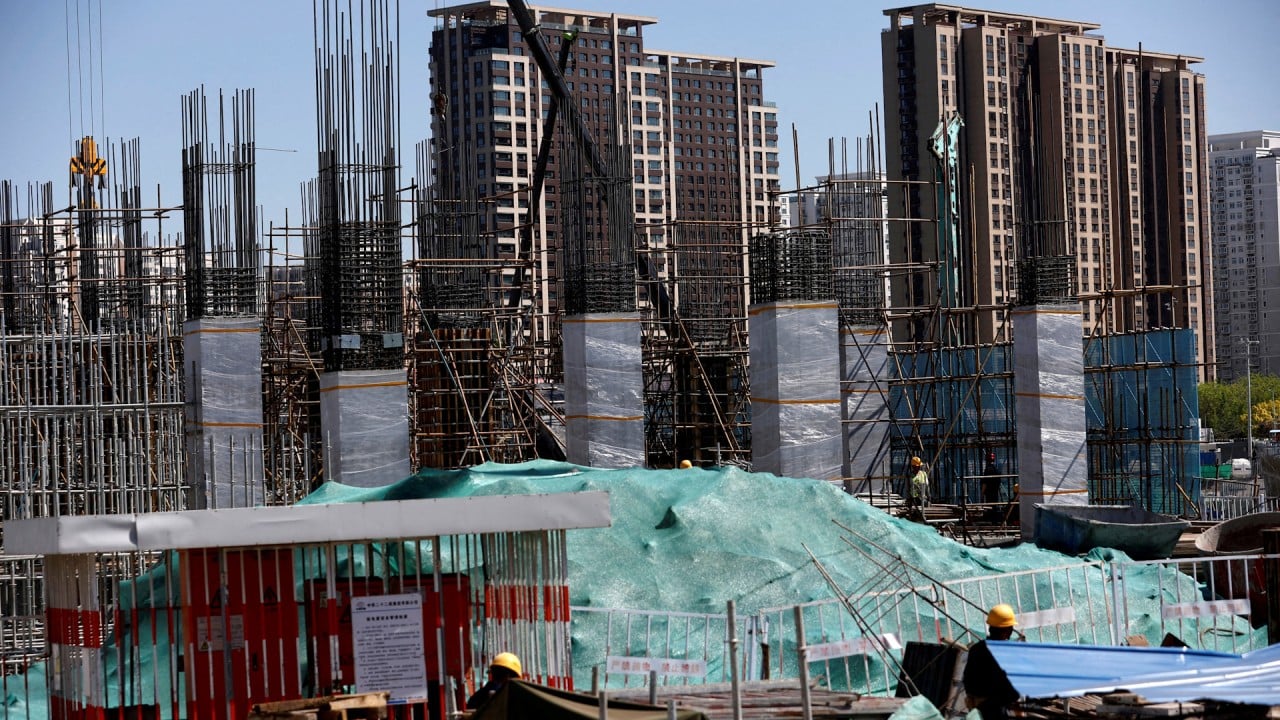
China property: Shanghai to devise its own easing measures to keep prices in check following policy moves by the central government
- Shanghai officials fear rampant fund flows into the housing market if the central government’s relaxed property-buying measures are fully implemented, sources say
- The Shanghai government is likely to implement only a handful of measures, such as lower purchase and capital-gain taxes on home transactions
City officials fear rampant fund flows into the local housing market if the central government’s measures are fully implemented, so the Shanghai government is only likely to lower purchase and capital-gain taxes on home transactions, three sources with knowledge of the local government’s thinking said.
But officials are yet to finalise the tax-reduction plan, they added.
“Shanghai’s home market is distinct from other cities because drastic policy easing would led to a massive capital influx, and push housing prices up quickly,” said Yin Ran, an angel and property investor in Shanghai. “Local officials are reluctant to see a roller-coaster ride in the city’s home prices.”
Shanghai’s housing authorities declined to comment, saying that they would take some time to work out the policy’s finer details.
On Friday, Beijing eased measures to enable more homebuyers to access cheaper mortgage loans. In a statement, the People’s Bank of China, along with other housing and financial regulators, said the rule that disqualifies people who have ever had a mortgage – even if fully repaid – from being considered a first-time homebuyer in major cities would be scrapped.
Apart from lower loan mortgage rates, first-time homebuyers would qualify for a lower minimum mortgage down payment to help with their property purchases.
But the central government authorities said local governments could choose to selectively adopt the policy based on their needs.
The sources said that Shanghai was likely to keep its policies unchanged to curb speculation in the property market.
Currently in Shanghai, households are barred from owning a third home. Owners and buyers of pre-owned flats have to pay tax amounting to about 10 per cent of the price. A two-bedroom flat costing more than 10 million yuan (US$1.37 million) would lead to a tax of at least 1 million yuan on the buyer and seller.
Shanghai, dubbed the “dragon’s head” of China’s economy, imposed the strict home purchase restrictions in 2010 when home prices surged amid runaway investment, triggering fears of a bubble in the real estate sector.
City officials have been adhering to the austerity measures over the past 13 years to ward off risks of a hard landing.
“The price drop is not severe enough to prompt local officials to hugely loosen the existing curbs,” said Song Yulin, a senior manager with property agency Lianjia. “Unless further declines in home prices are seen, the local government will maintain the strict policies.”
The Politburo, the Communist Party’s top decision-making body, announced in late July that it would enforce a series of policies to engineer a gradual recovery of the industry through 2025.
China’s ailing property sector, along with related industries such as home appliances and construction materials, accounts for about a quarter of the country’s economy.
China’s top 100 developers saw their contracted sales slip 33 per cent to 350.4 billion yuan year on year in July, according to property consultancy CRIC.



